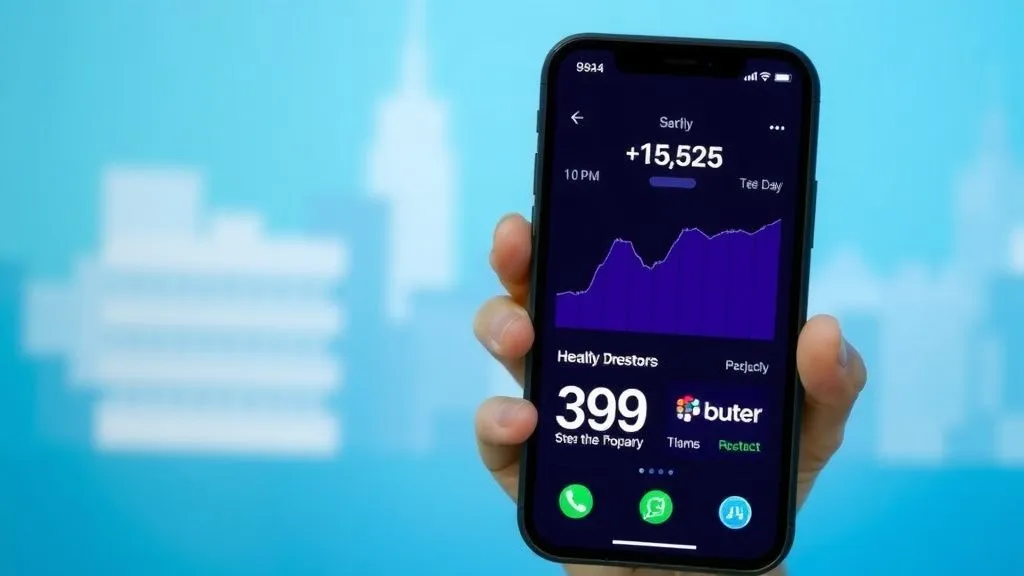Future Food Investments
In recent years, the food industry has seen a significant shift towards sustainable and innovative solutions. As our global population continues to grow, so does the need for efficient and environmentally friendly food production methods. This has led to a surge in investments in future food technologies that aim to revolutionize the way we produce, distribute, and consume food.
The Rise of Alternative Proteins
One area that has attracted considerable attention and investment is alternative proteins. With concerns over the environmental impact of traditional animal agriculture and the growing demand for plant-based diets, companies have been developing new ways to produce protein-rich foods without relying on livestock.
Plant-based meat substitutes, such as Beyond Meat and Impossible Foods, have gained popularity in recent years. These companies use innovative techniques to create products that closely resemble meat in taste and texture but are made entirely from plants. The success of these companies has caught the attention of investors who see the potential for significant growth in this market.
Another emerging sector within alternative proteins is cellular agriculture. This field involves growing animal cells in a lab rather than raising entire animals for meat production. By culturing cells and providing them with nutrients, scientists can produce real meat without the need for animal slaughter or extensive land use. Investors are recognizing the potential of cellular agriculture to address issues related to animal welfare, sustainability, and food security.
The Impact of Vertical Farming
Traditional agriculture often requires vast amounts of land, water, and pesticides. However, vertical farming offers a solution by using stacked layers or shelves to grow crops indoors without soil or natural sunlight. Instead, these farms rely on LED lights and hydroponic systems to provide optimal growing conditions.
Vertical farming has several advantages over conventional farming methods. It allows for year-round production regardless of external weather conditions, reduces the need for pesticides, and minimizes water usage. Additionally, by growing crops in urban areas, vertical farms can reduce transportation costs and carbon emissions associated with long-distance food distribution.
Investors are recognizing the potential of vertical farming to revolutionize agriculture and meet the demands of a growing population. Startups like Plenty and AeroFarms have received substantial funding to scale up their operations and bring fresh, locally grown produce to consumers in urban areas.
Technological Advances in Food Production
Technology plays a crucial role in shaping the future of food production. From farm management systems to blockchain-based supply chains, advancements in technology are enabling more efficient and transparent food production processes.
Farm management systems use sensors and data analytics to optimize crop yields, reduce waste, and minimize resource usage. These systems monitor factors like soil moisture levels, temperature, and humidity to provide farmers with real-time insights that help them make informed decisions about irrigation, fertilization, and pest control.
Blockchain technology is also making waves in the food industry by improving traceability and accountability throughout the supply chain. With blockchain, every step of a product's journey can be recorded on an immutable ledger, ensuring transparency and reducing the risk of fraud or contamination. This technology has gained traction among investors who recognize its potential to address issues related to food safety and supply chain efficiency.
The Role of Food Delivery Platforms
The rise of food delivery platforms has transformed the way we order meals. Companies like Uber Eats and DoorDash have disrupted traditional restaurant dining by offering convenient delivery options from a wide range of restaurants.
Investors have taken notice of this trend as well. Delivery platforms have attracted significant investments due to their rapid growth potential. These platforms are constantly innovating to improve delivery times through technologies like drone and autonomous vehicle delivery. As the demand for food delivery continues to rise, investors see opportunities to capitalize on this market and support the development of more efficient and sustainable delivery methods.
Investment Opportunities in Future Food
The future of food presents numerous investment opportunities across various sectors. Whether it's alternative proteins, vertical farming, technological advancements, or food delivery platforms, there is no shortage of innovative ideas that aim to transform our food system.
Investors looking to enter the future food space should consider several factors. First, they should evaluate the scalability and market potential of the technology or product being developed. Additionally, understanding the regulatory landscape and potential challenges is crucial for making informed investment decisions.
Diversification is also essential when investing in future food. The industry is still relatively young, and not all companies will succeed. By spreading investments across different sectors and companies, investors can mitigate risks and increase their chances of backing a winning idea.
In conclusion, future food investments have the potential to reshape our global food system by addressing issues related to sustainability, animal welfare, and resource efficiency. From alternative proteins to vertical farming and technological advancements, there are exciting opportunities for investors who want to support innovative solutions that will shape how we produce and consume food in the years to come.


